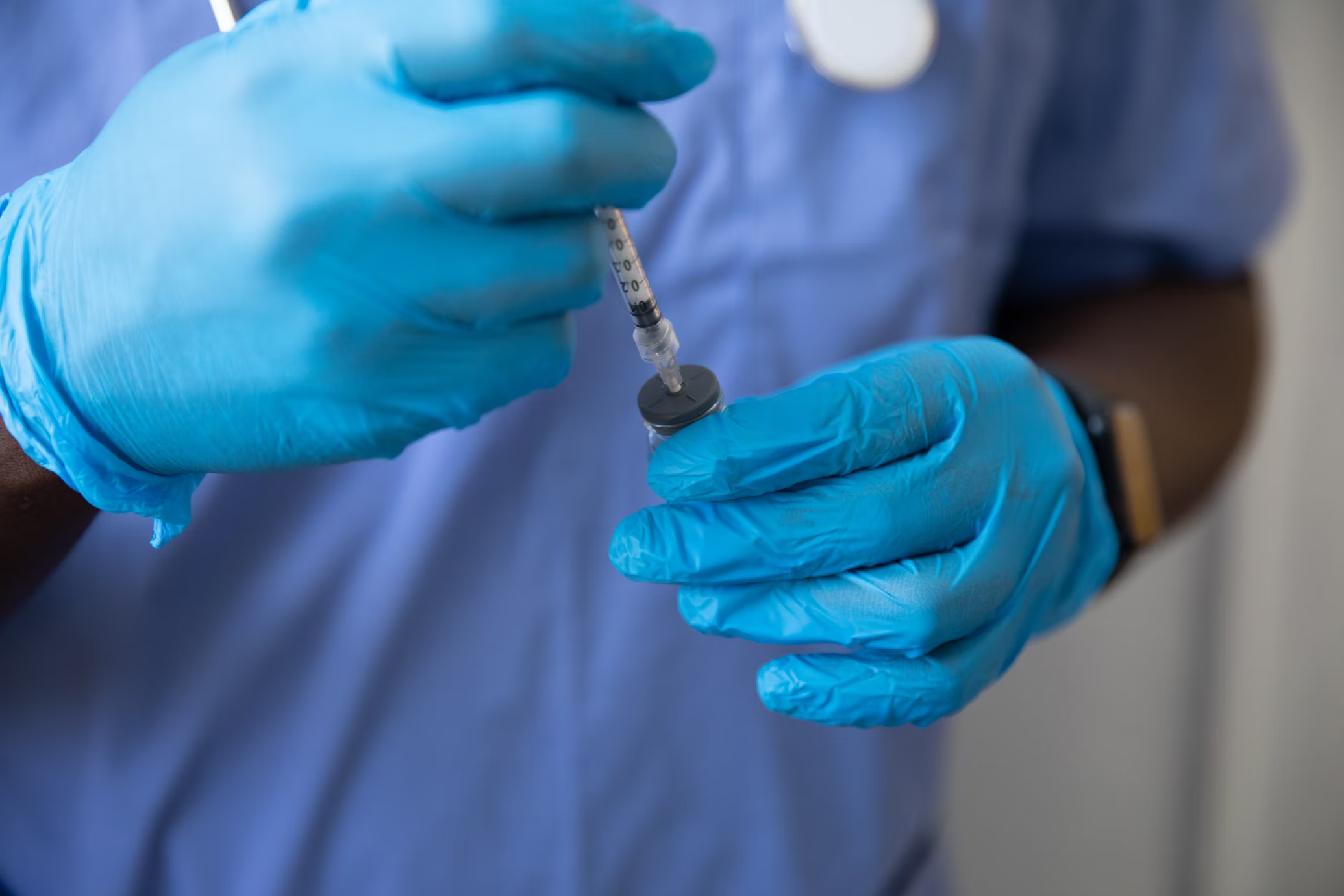Vital improvements to health facilities in East Calder should be funded by cash from housing developers, West Lothian’s Integration Joint Board have said.
The Board, which oversees shared primary and social care provision with NHS Lothian in the county, has already written to government ministers regarding the poor state of repair at East Calder’s medical practice.
And now they have agreed to lobby planners on West Lothian council to use funds set aside for infrastructure such as roads to improve health Care.
At this month’s meeting of the IJB local councillor Damian Doran-Timson said: “I’m tempted to use the word lobby, but I’ll use the word demand. Chair, could the IJB demand to our colleagues in planning that any future Section 75 funding goes towards the medical practice as opposed to other areas.
“Can we look at asking developers to put funding into the medical practice at East Calder. I think everyone knows how serious the the situation is.”
Chairing the meeting councillor Tom Conn said: “I’m not quite sure we can demand but we certainly make representations to them.”
He said planners were looking at changes for the forthcoming local development plan.
As highlighted last week by the Local Democracy Reporting Service planning officers on the council are currently working with NHS Lothian to look at ways of securing future funding for health care infrastructure development.
A council spokesman told the LDRS: “The council continues to work with NHS Lothian to demonstrate a robust evidence base to secure developer funding for primary care infrastructure investment. Currently there is no mechanism to allow the council to seek developer contributions for health services.”
Such contributions could come on top of the existing Section 75 contributions which pay for education facilities and roads infrastructure on the back of new housing development.
Yvonne Lawton, Head of Service told the meeting that developers could not be expected to fully fund primary health care facilities.
Councillor Doran-Timson agreed but added: “Any funding we could secure would be welcome. We are getting nowhere at the moment.”
Board member John Innes said: “ I agree. I think we should be finding any way we can to got over this problem.”
Chairing the meeting Councillor Tom Conn said: “I’m happy to make representations to the planners if committee agrees to that.”
Local campaigners have been battling for almost 20 years to get improvements to the 1970s health centre.
The building was built i to support 5,000 patients. The current patient list is almost 15,000 and the forecast is that the numbers will grow by a further 5,000 by 2028.
Earlier this year the campaigners thought they were on the cusp of seeing a business plan for improvements when the Scottish Government announced a two-year ban on capital projects for the NHS in Scotland.
This rules out even basic design work on plans for a new build or improved primary care facilities in West Lothian
At a recent meeting of the IJB cross party councillors and voting members backed a letter to the Scottish Government ministers calling for action.
This month Neil Ferguson, General Manager for Primary Care and Community Services gave an update on the Primary Care Improvement Plan.
He told the Board that challenges revolve around service demand, recruitment and finances.
He did highlight successes in developing training and retention programmes for staff and the development of a Pharmacy Hub in Stoneyburn which has continued to develop its role supporting practices by diverting pharmacy work away from individual practices.
Referring to East Calder Mr Ferguson’s report said: “The Scottish Government freeze on Capital Planning projects has halted the progress of the Business Case for the new East Calder Medical Practice.
“Ongoing joint working with the practice and estates colleagues continues to maximise available capacity and progress relevant maintenance or repairs to improve the state of the existing accommodation. Longer term challenges will be seen by other practices in line for capital funding consideration.”
By Stuart Sommerville, Local Democracy Reporter
The Local Democracy Reporting Service (LDRS) is a public service news agency. It is funded by the BBC, provided by the local news sector (in Edinburgh that is Reach plc (the publisher behind Edinburgh Live and The Daily Record) and used by many qualifying partners. Local Democracy Reporters cover news about top-tier local authorities and other public service organisations.













